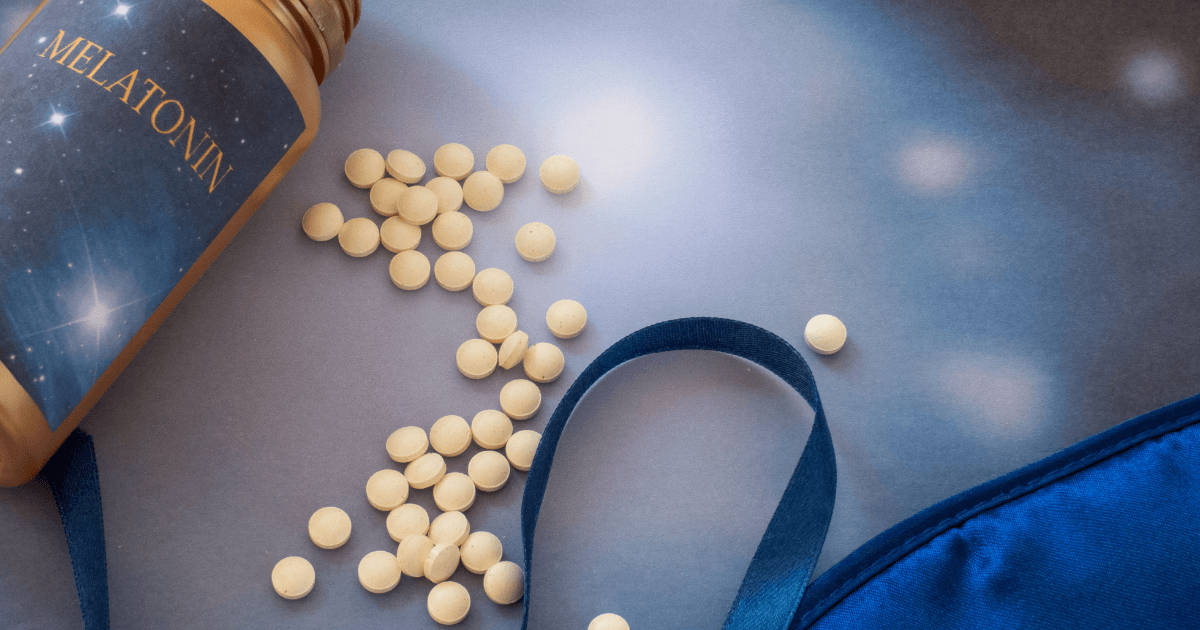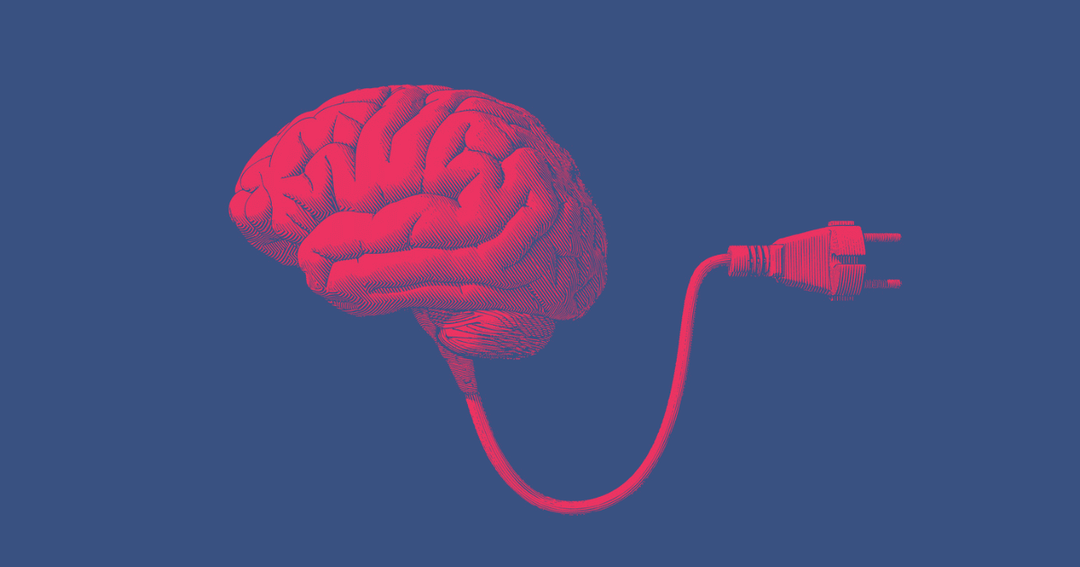What Happens to Your Body When You Take Melatonin Every Night

There has been a lot of recent debate in parenting circles over whether you should give melatonin to kids every night—but the same question should be asked of the adult population. How safe is melatonin, anyway? Does it have risks and, if so, are they worth it in order to get the quality and quantity of sleep you need? A recent 2022 study published in Frontiers of Sleep states that just 28 percent of adults in the U.S. get the kind of sleep that would be called “restorative.”
Sleeping Pills and Melatonin
Sleep aids like sleeping pills have well-known risks, like dependency, but when melatonin became mainstream a couple of decades ago, it was touted as a natural alternative. We already produce melatonin, a type of hormone, naturally in our body. It’s a hormone that lets our body know it’s time for bed and helps encourage organs to go into “night mode.” Natural melatonin is typically released by the brain’s pineal gland at sunset and keeps working throughout the night. It syncs up our biological clock with our sleep timing.
However, problems occur when our bodies don’t understand that it’s nighttime. This might be from blue lights emanating from our phones by our bed, traveling across time zones, or working the graveyard shift. Supplemental melatonin can help, and it certainly seems safer than Rx sleeping pills, which is why Sip2Sleep was developed as a safe, natural alternative without side effects. Still, there are things to consider if you’ve been counting on melatonin to help you get the sleep you need.
Also: Can't Sleep? Discover Why Sip2Sleep® Works Better Than Melatonin
Melatonin taken sporadically is generally considered safe, and it’s also important to remember that individual responses to melatonin or any supplement will vary. Different ages, genders, and time of melatonin consumption will also play a role in the results. Studies have also shown that those with insomnia might notice dizziness or sleepiness during the day when taking nightly melatonin.
Pre-workout nutrition: what to eat before a workout buy primobolan depot the best online workouts, according to strategist writers on average, a person has to take melatonin supplements nightly for seven days for it to really impact sleep. Taking it every now and then can help the onset of sleep for that night, and it can also help you stay asleep. The most common types of melatonin are either liquid or immediate-release tablets that typically peak after about an hour of consumption. You might notice you feel colder on nights you take melatonin, too.
That’s because the brain is being pushed into sleep mode. Melatonin doesn’t “put you to sleep” like a sleeping pill does, but rather gets your body and brain ready for sleep. The unique combination of tart cherry extract and Venetron® (found in Sip2Sleep) helps you sleep better without the side effects of melatonin.
How Safe is Melatonin?
You can increase the effectiveness of melatonin by improving your sleep hygiene. Remove all electronics from your bedroom if you can, keep the room as dark as possible, and ensure the room is cool and comfortable. You may notice that melatonin makes you feel happier, since it comes from serotonin, a hormone that encourages happiness.
Also: Is Taking Melatonin Regularly Safe? (Here's What Research Shows)
Since melatonin also interacts with dopamine production, you might notice that taking this supplement helps with some feelings of depression or anxiety. However, melatonin is not inherently all-safe. There are still possible side effects, such as stomach aches, drowsiness, and feeling dizzy.
Melatonin as a supplement remains relatively new, so long-term chronic use of it leaves a lot up in the air. One of the main concerns about using melatonin long-term is that it may interfere with our body’s natural ability to produce it. Hormone balance is a delicate thing, and interfering too much might be problematic.
Is Melatonin for You?
It is always best to work with a sleep expert when you start or stop taking any kind of medication or supplement, including melatonin. Melatonin is not and has never been the first step in treating insomnia, but rather a possible support mechanism. Even though melatonin is not considered addictive, some people do start to feel dependent on it and state they can’t sleep without it (even if they can). There may be some elements of psychosomatic tendencies here.
Also: 10 Best Melatonin Alternatives for Better Sleep
Ultimately, melatonin supplements are so new in the grand scheme of supplements that there is very little scientific evidence related to their long-term use. Overall, daily melatonin use is considered safe for adults today. Still, researchers urge that more analysis is needed to be certain. If you find yourself feeling like you won’t or can’t get the sleep you need without nightly melatonin, that is a sign to see a sleep doctor.
Learn more about Sip2Sleep organic sleep aid, now available for purchase online, and the science behind Sip2Sleep.







